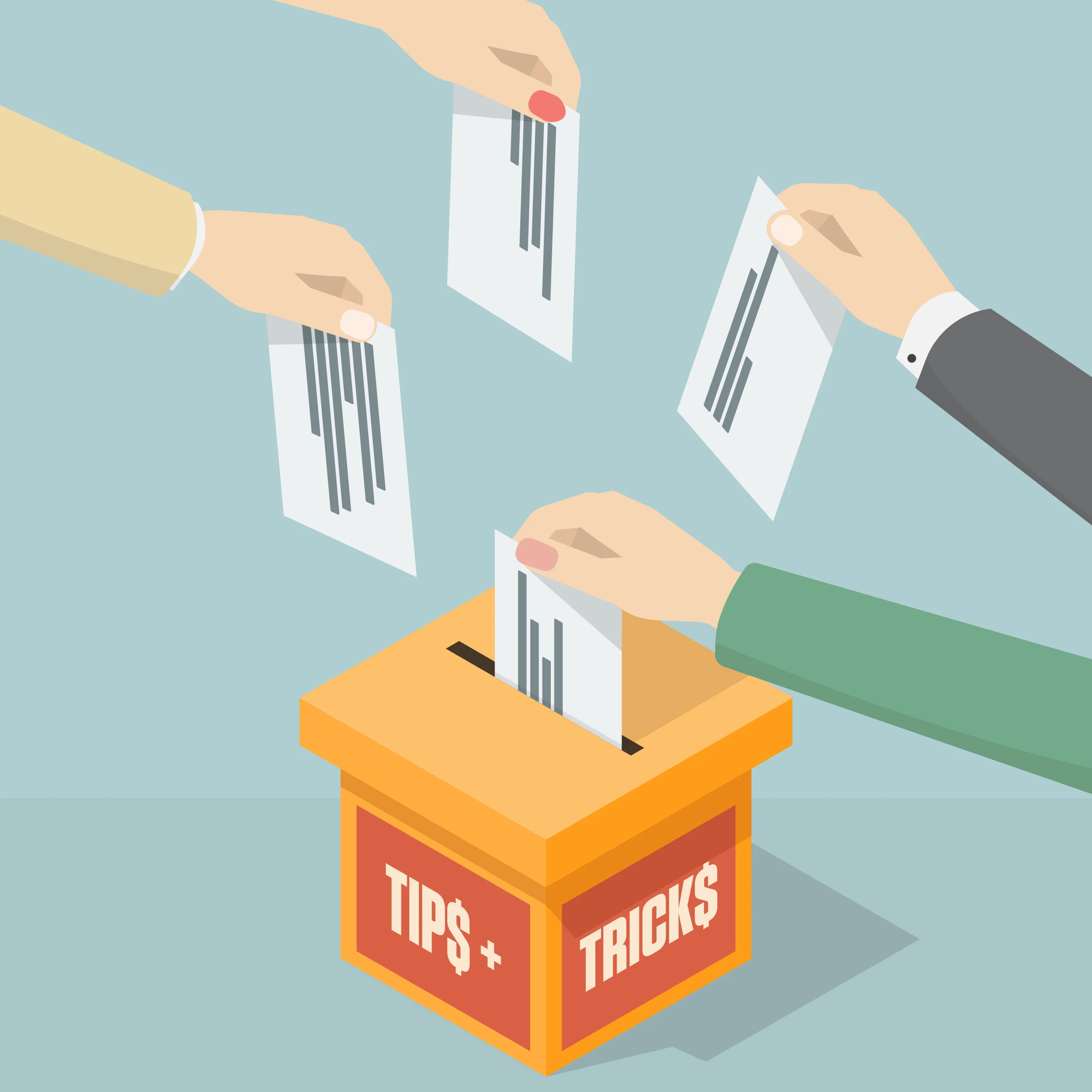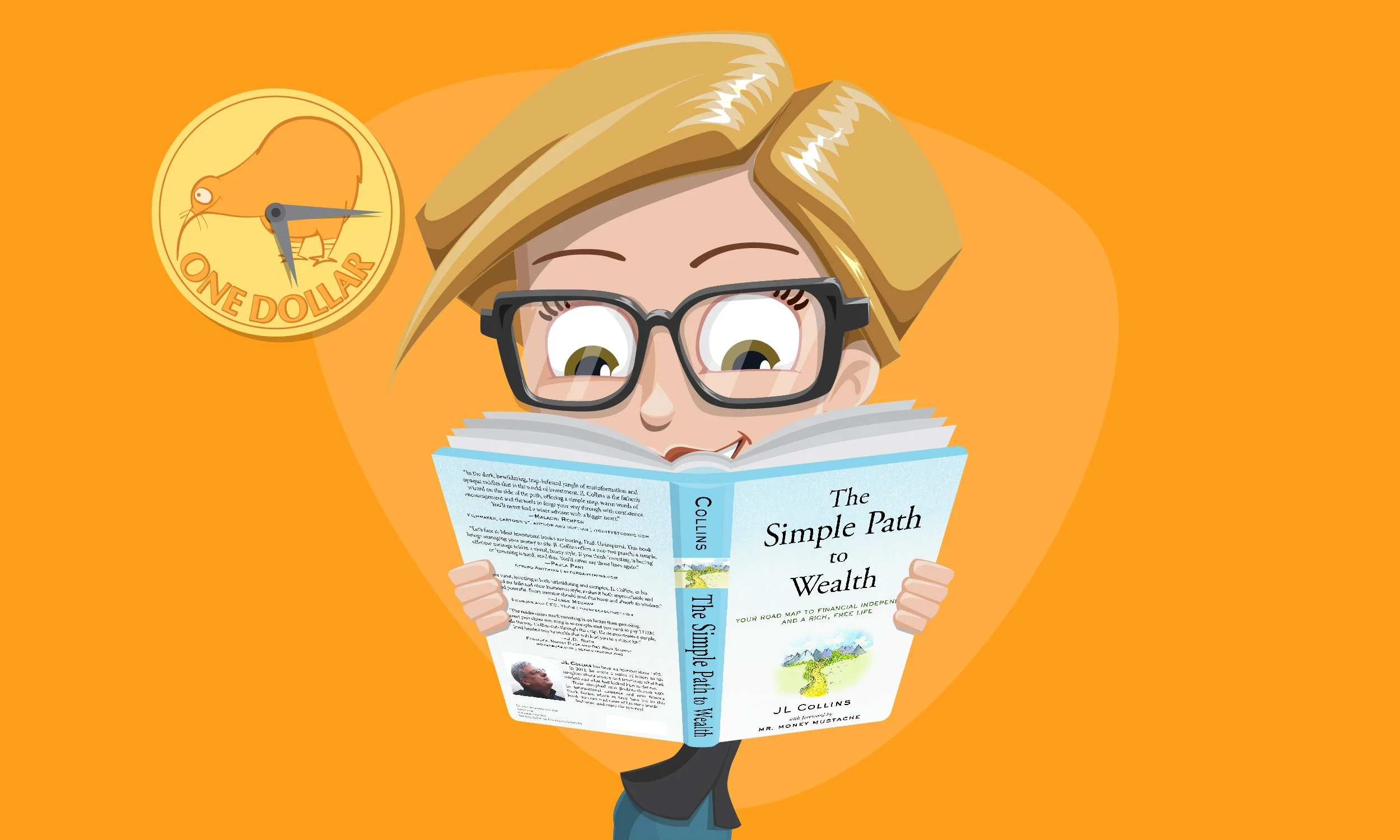Emergency Fund: Poised for Action
Mar 4, 2018
The term EMERGENCY FUND has been coming up a bit lately. People have been writing to me asking me about it and in the past I’ve certainly dipped into my own fund and every time I do, I’m thankful that I have it. And that got me thinking about something that, well, I just don’t really think about!
For me an emergency fund is a lump of cash that sits in my bank account at the ready, poised for action, poised to save my butt from impending failure and doom, that can be readily accessed at a moments notice. For those who practice that ancient tradition “restraint”, it may even be accessible from an ATM. For those who fear that on a night out an “emergency” may be taking out another $200 for a few more rounds of drinks with friends, they probably can only access it using a teller in a bank! More on what constitutes an emergency shortly. For me an emergency fund is a chunk of cash that just sits in a sub-account with my bank earning massively HIGH interest, currently a whopping 1.65% per year. I can access it whenever I want, wherever I want but the point of it is that I never really want to have to use it because if I’m dipping into that account then something pretty bad has just happened in my life - and no one wants that to happen.
“What exactly is an emergency”? I hear you ask. I will give you some real-life examples.
Dishwasher emits smoke instead of steam. Replacement cost about $700. Nope, this is NOT an emergency. We still have a sink, running water, tea towel and a ten year old desperate to earn pocket money. If I have the money available I will pay cash for a replacement dishwasher or save up each week until I can afford to replace it.
Hurry Hurry Last Minute Holiday Deal on offer! Nope, NOT an emergency either. Wanting to take a holiday is not a ‘bolt from the blue’ surprise. I ALWAYS want to take a holiday! So, I plan for it and save up until I have the cash THEN I book one.
My car broke down and it’s $1,000 to fix. If I really needed my car to commute to work and I could not work without it, this COULD be a real-life emergency. My livelihood is at stake! But, if I use my car to get to work or take my daughter to school because I’m too lazy to take my bike then nope, not an emergency either. I’m going to pay for it with cash or you guessed it, save up to fix it.
If your city is brought to its knees by a massive earthquake that tragically kills 185 people and your home is unlivable because you have no water and no power, your job is uncertain, your family is traumatised. Yep, THAT is an emergency and it kind of puts all the other “first world” emergencies into perspective right?
Or what about this one. Your mother is hit by cancer and overnight she can no longer care for your Dad, who has Alzheimer's, and you have to drop everything (your job, your own family) step in and assist for two weeks/six months/a year with no ability to work a paid job in that time. Yep, that’s a fecking big emergency right there!
Apart from my car breaking down, these are all emergencies that I have been faced with over the last couple of years. I only throw in the car emergency because I work for an automotive repair shop and clients are constantly in a frenzy of GREAT SURPRISE that their car has broken down and they have no money to pay for it!
Through speaking with a lot of amazing people over the course of writing my blog and podcast I have worked out that there are two types of emergency funds that people create:
A line of credit that people can access, generally via their existing mortgage.
A lump of cash that has been saved up.
The first group still have a mortgage and generally have zero actual cash that is their own on hand (although some tell me they use offset accounts, which sounds to me like a blog post for another day). They don’t want a cash amount sitting by because their view is that money should be put towards their debt instead. If an emergency comes along their hope is that they can just draw down and lend more money. A consideration I see with this is if the emergency involves them losing their livelihood then making those debt repayments could become an issue for them. Their view of how much they would need in an emergency was typically quite low $1,000 - $5,000.
I fall into the second group, having diligently saved up cash because I have absolutely no access to lending money. I said goodbye to my lending facility once we cleared our mortgage and I have absolutely no intention of inviting them back into my life. So my emergency fund has a bigger cushion because I need to rely on me, myself and I. Our savings are tied up in KiwiSaver funds that we can’t touch and investments that we WON’T touch. I do have a credit card BUT because I know I have to pay it back each month if I use it then this has never been considered for use in an emergency. I need actual cash. So for me my emergency bank account sits at around the $15,000 point. This is the point that makes me comfortable and for those I spoke to who have saved an emergency fund its all about being able to sleep at night knowing you have that buffer there. If it were to drop below $10,000 that would ring alarm bells with me and I know that many of you reading this are going “ah ha” in agreement right now.
Not if, but when we are faced with an emergency all unnecessary spending and saving IMMEDIATELY stops and we are down to brass tacks, how much do we need to spend to pay the rates, insurance, keep the lights on and serve up breakfast, lunch and dinner? This $15,000 represents about five to six months of living expenses for us.
I have written in a blog post before about a walk I took with Jonny along the banks of the Avon river after the Christchurch earthquakes had begun. At that time I was home with our daughter as a stay at home EXECUTIVE (Mum) and he was working full time in the city. When the February 22nd 2011 earthquake hit everyone in his office fled the building in panic and NEVER got the opportunity to go back. Suddenly his livelihood was in question. Our house, though intact, lost all services and had a lot of water/liquefaction damage. Our neighboured was devastated and no longer exists today, having all been bulldozed. I didn’t know at that point what an emergency fund was, but I had been saving a ‘buffer’ into an account for some time and during this walk I turned to Jonny and said “We have been saving for a rainy day, not knowing what that day would look like. Well, it’s absolutely pissing down now but I can assure you that we have cash available to do whatever we need to do to get through this enormous mess”.
In the first week after that disaster money was used freely to fill up the car with petrol to drive out of town and move in with family in Central Otago. To buy food to support ourselves and contribute to my extended family. To buy the things we forgot to take from our house. I also immediately stopped all saving that we had going to investments that I held at the time. And then as time passed that fund repeatedly supported our family as we fled town each time our house became unlivable and then when Jonny chose to quit his job and focus on rebuilding our life somewhere else instead.
A proper emergency is not just a matter of “if”, it is a matter of “when” and although I don’t want anything to go wrong, I’m not surprised and unprepared when it does. And that’s coming from an optimist!
When an event first happens the best person to rely on is YOURSELF, not because you are all alone and no one cares, but simply because everyone else gets kinda busy too. Insurance takes eons to pay you and emergency services are needed for those who really need them. You need to help yourself and those around you first. When you pile a whole big chunk of EMOTION into the mix, because disasters cause a lot of emotions to rise up, you want money to be the least of your problems.
Money’s only purpose is to be used but there are varying times as to when you need to use it, so having $15,000 sitting in a low interest account is not an investment opportunity wasted, it is a fully paid up insurance policy waiting to take care of my family if required. I am never tempted to spend it on crap I don’t need because I have experienced first hand the security and comfort it brings my whānau in times of crisis and that it is far too important to just fritter away.
Once you have cleared your debt and your investing pace starts to gather I’m telling you that you move away from the mindset of “that $15,000 could be better invested somewhere” because if you are investing well, that amount of money is only a small portion of your net worth anyway and like I say, it represents a fully paid for insurance policy instead. Now, I don’t even really think about that money, it’s just a part of my overall financial plan and has a big TICK against it for being sorted.
So, my advice to you? Start an emergency fund TODAY. Get an amount of money tucked away somewhere where it is readily available. You decide the amount based on my experiences that you have just read about or based on your own bad luck situations you have found yourself in.
Well, that blog was a bit doom and gloom, and things have just gone from bad to worse. My daughter CAN’T FIND HER SHOES and she needed to leave for school five minutes ago! OMG this is a disaster of huge proportions! Can we buy her a new pair on the way she asked? Nope, not an emergency either.



